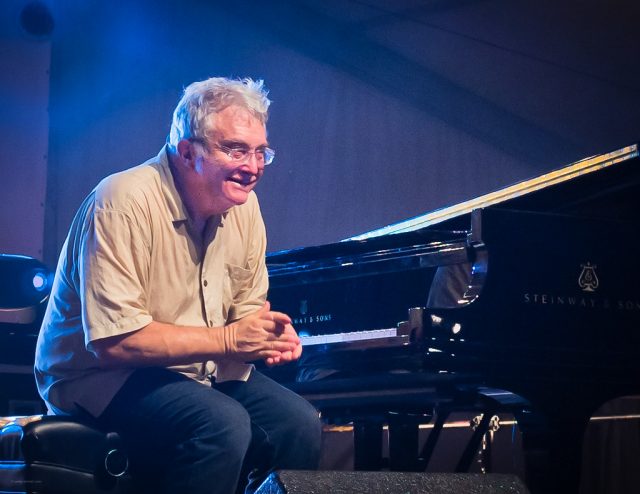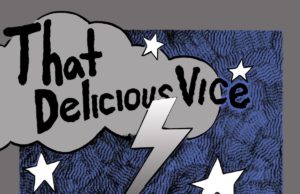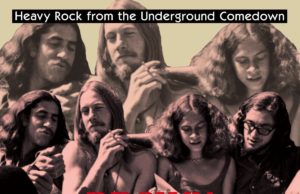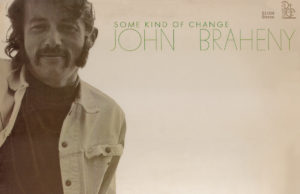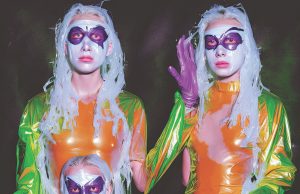Back in 2011, I was lucky enough to chat with one of my favourite artists — and arguably one of the finest songwriters of his (or any) generation: The one and only Randy Newman. Like more print interviews, a lot of it ended up getting cut for space. I’ve restored much of that here. Enjoy.
Randy Newman can be a bit short on confidence. Despite his reputation as one of the sharpest songwriters of his generation — and an expanding shelf of awards to back it up — the legendary singer-pianist still dreads making albums.
“I just don’t like going into the studio. I never have,” Newman says. “Some people like it. Paul Simon, I believe, loves the studio. And his work is really good. But I just don’t go in there brimming with confidence and joy.”
You’d never know it. Since the release of his self-titled debut album in 1968, Newman has been one of music’s most fearless and outspoken satirists, openly discussing hot-button issues — from slavery and bigotry to nuclear proliferation and Yankee imperialism — in trenchant songs such as Rednecks, Sail Away, Political Science and Short People (some of which he has revisited on his continuing series of Songbook albums).
More recently and paradoxically, Newman has become famous as a composer of sincere kid-movie soundtracks. In 2011, he earned his second Academy Award for We Belong Together from Toy Story 3. He also gave one of the event’s wittiest acceptance speeches, admitting that with just two wins in 20 nominations, his “percentages aren’t great.” From a tour stop in New York City, Newman called up to talk about looking a gift Oscar in the mouth, doing it for the kids and censoring Dire Straits.
Congrats on the Oscar. Like a lot of people, I was surprised that it was only your second. Do you think you should have more?
Well, I could have a few more and it wouldn’t have been a mistake. But getting an Oscar really has nothing to do with the quality of anything. You’d like to think that. But it certainly isn’t the best work I’ve done, what I ended up getting rewarded for. I haven’t won for a score. I don’t want to diminish the impact of an Oscar. But because of my background, I’d rather have it for a score.
How is writing scores and soundtracks different for you than writing your own songs?
There are parameters for them. If it’s The Natural, say, it’s going to be about a hero or romance or the late 1930s. If it’s Toy Story 3, it’s a sequel to something you’ve already done. So there are recurring themes. That makes it easier than just pulling a song out of the air. But musically, it’s more difficult, because it’s writing for orchestra, which I don’t find easy. And it’s also got to get by a director whose picture it is and who’s your boss. That’s different for me; nobody tells me what to do on a record.
You don’t make as many albums as you used to. Is that because the movie work takes up time, or does the songwriting muse not visit as often?
The movie work does take up a lot of time. But it’s also a matter of doing the movies and thinking, ‘I’ve just worked hard, I’ve done my job.’ So going back in the room and writing more is tough. But I don’t know that the muse has gone. Harps and Angels, the last record I made, was as good a record as I’ve made, in my opinion. So I think I’m all right. But you never know.
Most people would consider you a songwriter more than a performer.
Yeah. But I have confidence performing. I’m comfortable with it, because you have to be. If you’re not having a good time out there … well, there’s people who do it, who go out there and look miserable. But I don’t like that.
Why do you always perform solo? Have you never worked with a band?
I’ve only done it twice. I did a show with a band in L.A. three years ago. But I don’t like it as much with a band. Sometimes, when there’s a beat, it’s such a big deal in music. So you lose the laughs. If you do Political Science with a band, it’s lessened somehow. People are tapping away or nodding their heads. I prefer to hear the ups and downs and the laughs at this line or that line.
You have a few different groups of fans: People who know your movie songs, people who know your hits, people who know your darker material. How do you juggle that in performance?
Well, there haven’t been a lot of kids at the most recent shows. If it’s a festival-type thing outdoors and there are kids, sometimes I have to not play Rednecks and watch the language in general. I don’t generally do much for kids, but they seem to get some of the other stuff too. They’re very sophisticated. They’re not great at math, but they’re pretty good at entertainment.
Do your relationships with the songs change over time?
The meanings of some change. It’s a funny thing. Like Love Story, which is about this guy with a really modest dream: He wants to get married and go retire in Florida. He has no ambition, it’s just a very simple plan. I thought that was what was funny about the song: He wasn’t asking for much. And now that I look at it, it doesn’t look that bad. So things change. The public perception changes too. On a song like Suzanne, I thought it was really about an inept guy who’s not a nice fellow at all, but not dangerous. Then I was playing it and it seemed like a stalker song in its way. I never thought of it that way; I just thought it was funny, really. Or Old Man — I don’t play it live because I can’t get the audience back after I play it. It’s too depressing. They just don’t laugh again. It’s a laugh killer.
It’s hard to imagine anybody today getting away with some of the things you’ve said over the years.
No, but I can’t think of anybody else who did that ever. It’s never been popular with people to write that way. Occasionally, Neil Young or Bob Dylan or Paul Simon will do something in a character who is less bright or sensitive or self-aware than the audience. And Eminem does it, or did it on his first stuff. But there’s not much of it. I listen for it, and I don’t think it’s there.
The original version of Dire Straits’ Money for Nothing came under fire up here for using the word faggot. What do you think of that?
That’s too bad. I think it’s very clear that it’s what some ignorant fellow is saying. That’s unfortunate, but now that you mention it, I’m surprised it got by then.
What’s next for you?
After this tour, I’d like write some things for myself. And there’s a possibility of a musical version of Tootsie on Broadway. I might do that.
Then you could add a Tony to those Grammys and Oscars.
I don’t know about that. That’s a long hard road. It’s difficult to know what buttons to press.
















